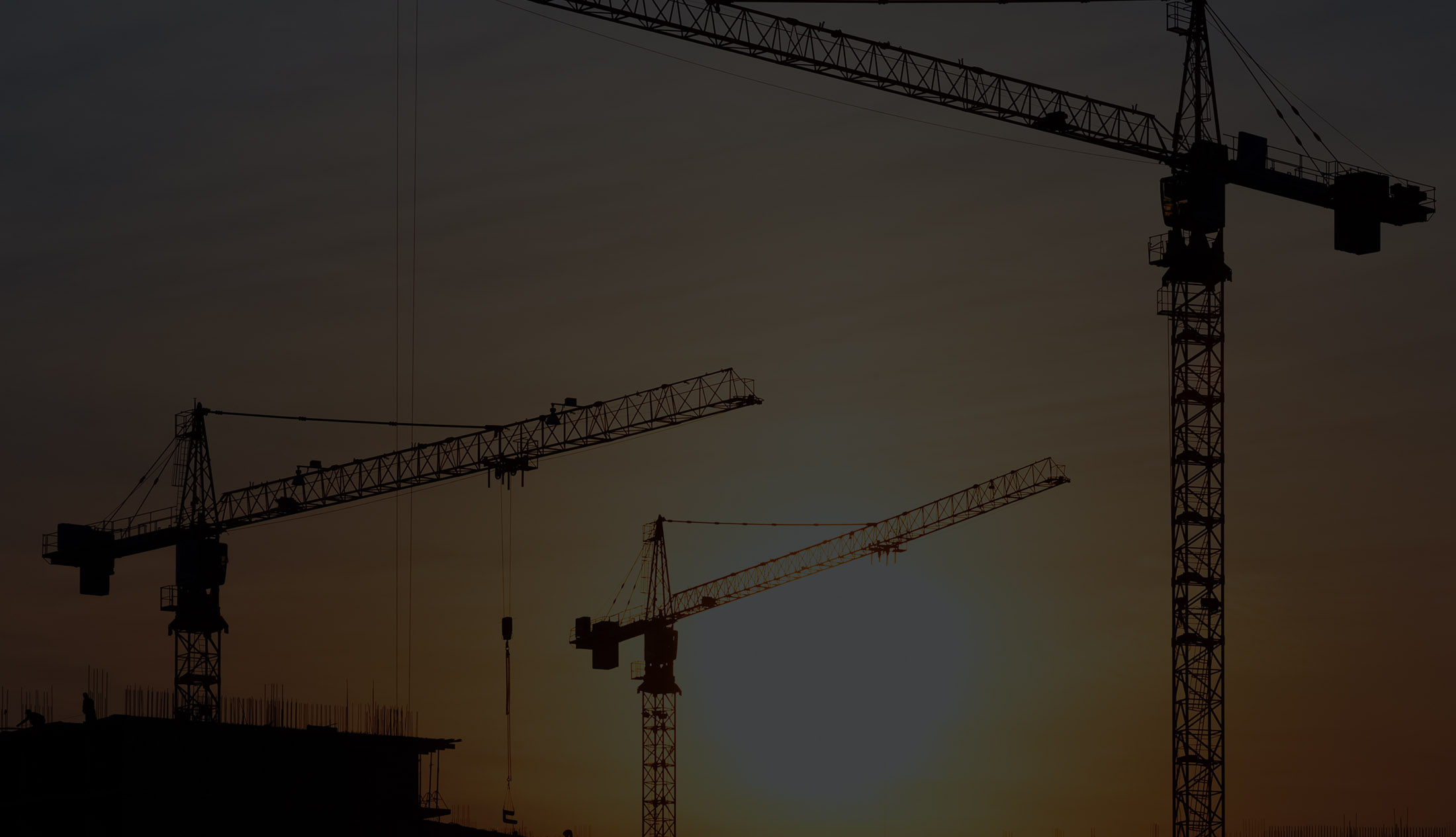The Nation's Ultimate Source for Discount Contractors Insurance!
CALL US NOW! (866) 805-3800
- Home
- About Us
- What We Offer
- Who We Insure
- Alarm Installation Contractors
- Appliance Installation Contractors
- Cabinetry Contractors
- Carpentry Contractors
- Carpet Cleaning Contractors
- Concrete Contractors
- Construction Clean-Up Contractors
- Demolition Contractors
- Door Contractors
- Drilling Contractors
- Drywall Contractors
- Electrical Contractors
- Elevator Contractors
- Excavation Contractors
- Fencing Contractors
- Fire Protection Contractors
- Flooring Contractors
- Framing Contractors
- General Contractors
- General Engineering Contractors
- Glazing Contractors
- Handymen Contractors
- Housekeeping Contractors
- HVAC Contractors
- Insulation Contractors
- Landscape Contractors
- Lath & Plaster Contractors
- Lawn Care Contractors
- Locksmith Contractors
- Low Voltage Contractors
- Maintenance Contractors
- Masonry Contractors
- Ornamental Metal Contractors
- Painting Contractors
- Paperhanging Contractors
- Paving Contractors
- Plumbing Contractors
- Pool Contractors
- Pressure Wash Contractors
- Refrigeration Contractors
- Roofing Contractors
- Sign Installation Contractors
- Solar Contractors
- Stucco Contractors
- Supervision Contractors
- Tile Contractors
- Tree Trimming Contractors
- Water Conditioning Contractors
- Welding Contractors
- Select Your State
- Request a Certificate
- Update My Policy
- Contact Us
- Insurance Blog


A couple of minutes can save you up to 65% or more
with Georgia’s top contractors' insurance programs –
Contractors
Insurance
Georgia
Georgia
Contractors Insurance
Stop overpaying for coverage in the Peach State!
A couple of minutes can save you up to 65% or more with Georgia’s top contractors’ insurance programs –
Coverage for Georgia Contractors
As Georgia's ultimate source for discount Contractors' Insurance, our network of A-rated construction programs offers fiercely competitive rates with excellent service, all bundled into one –
What is Georgia Contractors’ Insurance?
It’s your shield against financial risks at every stage of your business operations. Georgia contractors’ insurance offers comprehensive protection, ensuring you’re safeguarded in all situations and providing you with the peace of mind you need to focus on growing your business.
Why Do I Need It?
If you’re in the contracting business, you’re in the business of risk. The general rule of thumb is that higher risks bring higher rewards, making Georgia’s construction industry highly profitable for successful risk-takers. However, with safety hazards, theft, labor shortages, and rising material costs as frequent challenges, one unexpected incident can financially devastate a small business owner not adequately covered against third-party injury or property damage.
A robust package of commercial insurance coverages will protect against the common perils involved in daily business operations.
Protect Against the Unpredictable
Before starting operations, business owners are encouraged to visit the Georgia Secretary of State to review the rules, regulations, required fees, and documentation, which may provide valuable insights into the legal requirements and potential risks in the construction industry.
Our licensed experts, committed to providing excellent service, are on standby to help Georgia contractors find affordable coverage options that meet both their budget and business needs. With our expertise, you can be confident that you’re getting the best possible coverage.
Our Recommended Products
General Liability
General Liability
Contractor liability insurance (general liability), a cornerstone of business protection, is particularly crucial for Georgia contractors. This insurance shields companies from third-party claims involving bodily injury, property damage, or personal and advertising injury. Its importance lies in reducing financial risks and bolstering your reputation with project owners.
Georgia Contractor Liability Insurance Requirements
In Georgia, contractor liability insurance is a condition for obtaining and maintaining a contractor’s license. The minimum requirements vary by license type:
- Residential Basic Contractor: $300,000 per occurrence
- Residential Light Commercial Contractor: $500,000 per occurrence
- General Contractor: $500,000 per occurrence
- General Contractor Limited Tier: $500,000 per occurrence
Key Features of Liability Insurance for Georgia Contractors:
- Products and Completed Operations: Protects against claims related to completed projects or installed products.
- Defense Costs: Covers legal expenses incurred during lawsuits.
- Medical Payments: Covers minor medical expenses for injuries occurring during operations or on business premises.
Contractor liability insurance in Georgia not only ensures compliance but also prepares your business for unexpected risks. Its presence demonstrates professionalism and builds trust with project owners, making it an essential part of your business strategy.
For more information on licensing requirements, visit the Georgia Secretary of State’s Residential and General Contractors Licensing FAQs.
Workers' Comp
Workers' Comp
Workers’ compensation insurance for Georgia contractors plays a vital role in protecting employees from financial hardships resulting from work-related injuries or illnesses. This coverage ensures that medical bills, lost wages, and rehabilitation expenses are covered, while also helping contractors comply with Georgia state laws.
Georgia Workers’ Compensation Requirements
In Georgia, any employer with three or more employees is required to carry workers’ compensation insurance. This mandate applies to full-time, part-time, and seasonal workers, ensuring all employees are covered for work-related injuries.
Key Benefits of Workers’ Compensation for Georgia Contractors:
- Medical Coverage: Pays for necessary medical treatment and rehabilitation for work-related injuries or illnesses.
- Disability Benefits: Provides partial wage replacement for employees unable to work due to injury.
- Death Benefits: Offers financial assistance for funeral and burial expenses and support for dependents of a deceased worker.
Maintaining workers’ compensation insurance in Georgia is not just a legal requirement but a vital component of protecting your workforce and ensuring the stability of your business operations, demonstrating your responsibility as an employer.
For more information, visit the Georgia State Board of Workers’ Compensation.
Surety Bonds
Surety Bonds
A Georgia contractor license bond is a surety bond required for contractors to obtain and maintain a license. It creates a legal agreement between three parties:
- The Principal: The contractor required to obtain the bond.
- The Obligee: The government agency or entity requiring the bond.
- The Surety: The company guaranteeing the contractor’s compliance.
This bond ensures contractors adhere to local laws, ethical standards, and contractual obligations, offering clients and the public a sense of security and peace of mind.
Georgia Surety Bond Requirements
Georgia contractor surety bonds serve as a consumer protection product, ensuring financial security for clients in case of contractor misconduct or failure to meet licensing obligations. The licensing authorities or local jurisdictions where the contractor operates determine the specific bond amounts and requirements.
Key Features of a Georgia Contractor Surety Bond:
- Financial Protection: Guarantees that the contractor will comply with state laws and contractual agreements.
- Consumer Assurance: Builds trust with clients by protecting them from potential financial losses caused by the contractor’s actions.
- Licensing Compliance: Ensures the contractor meets all state or local licensing requirements.
Securing a contractor license bond in Georgia may not just be a legal requirement but also a vital step in building trust with clients and protecting your business from financial risks.
For more information on surety bond requirements, consult the Georgia State Licensing Board for Residential and General Contractors.
Commercial Auto
Commercial Auto
Commercial auto insurance for Georgia contractors is critical for protecting vehicles used in business operations. This coverage safeguards against financial losses caused by accidents, theft, or damages involving work vehicles, trailers, or equipment in transit. Unlike personal auto policies, commercial auto insurance provides specialized coverage tailored to contractors’ unique needs.
Georgia Commercial Auto Insurance Requirements
In Georgia, contractors must carry auto liability insurance to comply with state laws. The minimum liability coverage for commercial vehicles includes:
- Bodily Injury Liability: $25,000 per person and $50,000 per accident
- Property Damage Liability: $25,000 per accident
Additional requirements may apply to contractors operating vehicles under a USDOT or MC number, which typically mandate higher liability limits.
Key Features of Commercial Auto Insurance for Georgia Contractors:
- Liability Coverage: Protects against claims for bodily injury or property damage caused by your vehicles.
- Comprehensive and Collision Coverage: Covers vehicle damage from accidents, theft, vandalism, or natural disasters.
- Hired and Non-Owned Auto Coverage: Extends protection to vehicles rented or used by employees for business purposes.
Commercial auto insurance in Georgia protects your business from financial risks while remaining compliant with state regulations.
For more details on contractors’ business auto insurance requirements, visit the Georgia Department of Transportation Motor Carrier Compliance Division.
Inland Marine
Inland Marine
Inland marine insurance for Georgia contractors, also known as contractor tool and equipment insurance, is essential for protecting valuable assets used at job sites, in transit, or stored off-site. This specialized coverage ensures your business tools, machinery, and materials are safeguarded against unexpected risks.
Why Georgia Contractors Need Inland Marine Insurance
In Georgia, contractors often move equipment and materials between multiple locations, exposing them to risks such as theft, vandalism, or damage during transit. Carrying inland marine insurance for Georgia contractors provides peace of mind and financial protection for your business investments.
Key Features of a Georgia Contractor Inland Marine Policy:
- Tools and Equipment Coverage: This policy protects movable property, such as tools, construction machinery, and equipment, against theft, vandalism, and accidental damage.
- Goods in Transit: Safeguards materials and supplies being transported to and from job sites.
- Installation Floaters: Covers materials and equipment awaiting or in the process of installation.
- Builder’s Risk: Protects structures under construction from risks such as fire, theft, and weather-related damage.
Securing an inland marine policy in Georgia ensures your business assets remain protected. It also helps minimize disruptions and keep your projects on track, even in the face of unexpected events.
Contact Fairbanks Insurance Brokers today for expert advice or to get a tailored quote on Georgia contractor inland marine insurance.
GET A FREE QUOTE NOW

